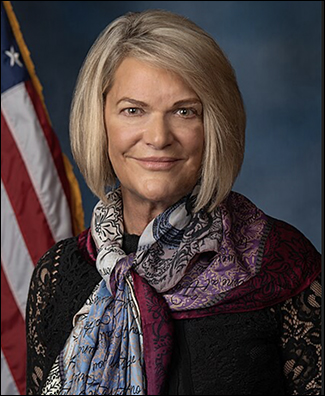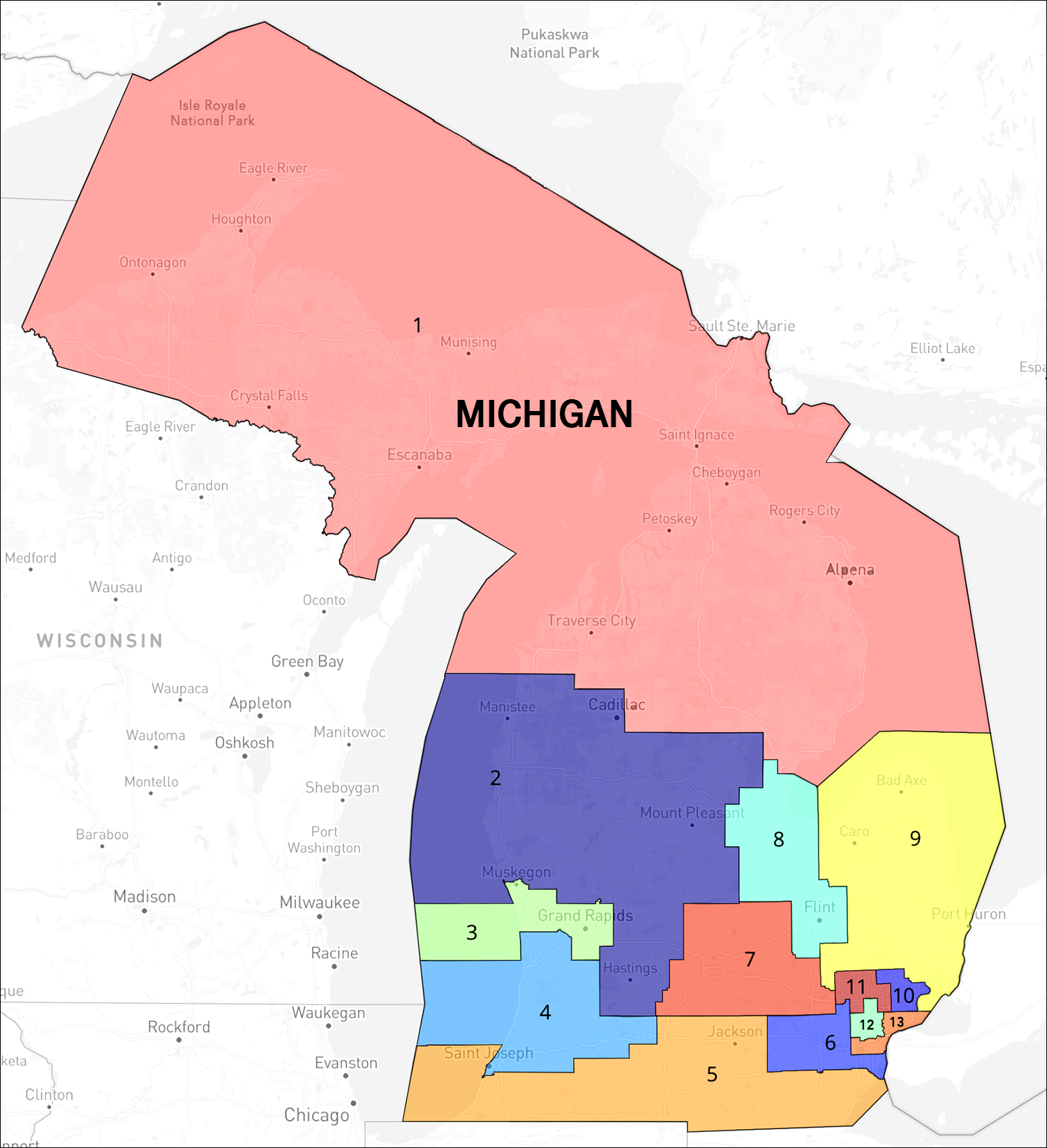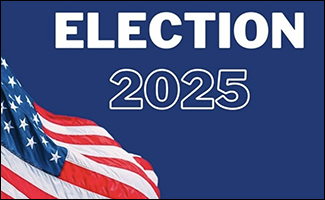By Jim Ellis — Tuesday, January 6, 2026
Governor
Minnesota Governor Tim Walz (D) yesterday announced that he is ending his bid for a third gubernatorial term and, perhaps more surprisingly, veteran US Senator and former presidential candidate Amy Klobuchar (D) is reportedly seriously considering entering what will now be an open Governor’s race.
The unexpected turn of events appears directly connected to the controversy surrounding the alleged fraud claims regarding certain Minnesota public assistance programs. Clearly, the Governor’s internal polling revealed his chances of winning re-election have greatly diminished; hence, his rather abrupt decision to retire.
Should Sen. Klobuchar become a gubernatorial candidate, she will be the fourth senator choosing to run for governor in the 2026 election cycle. The others are Sens. Tommy Tuberville (R-AL), Michael Bennet (D-CO), and Marsha Blackburn (R-TN). From this group, only Sen. Tuberville is risking his Senate seat to enter his state’s Governor’s campaign. The others, including Sen. Klobuchar, would all have a free ride relating to their current position and be in position to choose their own US Senate successor via appointment.
At this point in Minnesota, 11 Republicans have announced their gubernatorial campaigns including 2022 gubernatorial nominee and former state Sen. Scott Jensen, state House Speaker Lisa Demuth (R-Rocori) and state Reps. Peggy Bennett (R-Albert Lea) and Kristin Robbins (R-Maple Grove).
It is unclear how the Walz retirement and potential Klobuchar entry will affect the burgeoning Republican field. In any event, considering Minnesota’s reliably Democratic voting history, the eventual party nominee, and particularly if it is Sen. Klobuchar, will be favored to win the general election. With the candidate filing deadline not until June 2 for the Aug. 11 primary election, much time remains for each party’s field to gel.
As previously mentioned, should Sen. Klobuchar run for and be elected Governor, she would appoint her successor. The appointed individual would then presumably compete in a 2028 special election to serve the balance of the term. In this case, because Sen. Klobuchar was re-elected in 2024, the appointed Senator, after winning the special election, would then have the opportunity of seeking a full six-year term in 2030.
Should the Klobuchar scenario occur, Minnesota would then have two freshmen Senators during the next Congress similar to the situation we currently see in Ohio. Because Minnesota Sen. Tina Smith (D) is retiring, the state’s in-cycle race is also open.
Gov. Walz was first elected to his statewide post in 2018 and re-elected in 2022. He averaged 53.1 percent of the vote in his two statewide campaigns. Prior to running for Governor, Walz represented the state’s southern 1st Congressional District for six terms. He then, of course, became the 2024 Vice Presidential nominee on the national Democratic ticket with Kamala Harris. Prior to his entry into elective politics, Walz was a high school geography teacher and football coach.
Nationally, 36 gubernatorial elections will be held later this year. In those 36 campaigns, 18 incumbents, down from 19 with the Walz decision, will seek re-election and the remaining 18 states will feature open gubernatorial competition. Within the group of 36 in-cycle states, each party currently holds 18 Governor’s chairs.






